Intro
Discover what is a POS system, including point of sale software, retail management, and payment processing, to streamline transactions and inventory management.
In today's fast-paced business environment, efficient management of daily operations is crucial for success. One of the key components of a well-run business is a reliable point of sale (POS) system. A POS system is a combination of hardware and software that enables businesses to manage transactions, track inventory, and analyze sales data. In this article, we will delve into the world of POS systems, exploring their importance, benefits, and features.
A POS system is more than just a cash register; it's a comprehensive tool that streamlines various aspects of a business. From processing transactions to managing inventory, a POS system helps businesses operate smoothly and efficiently. With a POS system, businesses can accept various payment methods, including credit cards, debit cards, and mobile payments. This flexibility makes it easier for customers to make purchases, which can lead to increased sales and customer satisfaction.
In addition to processing transactions, a POS system provides valuable insights into sales data and customer behavior. By analyzing sales trends and patterns, businesses can make informed decisions about inventory management, pricing, and marketing strategies. A POS system can also help businesses manage their inventory levels, reducing the risk of stockouts and overstocking. With accurate inventory tracking, businesses can ensure that they have the right products in stock to meet customer demand.
Benefits Of A Pos System
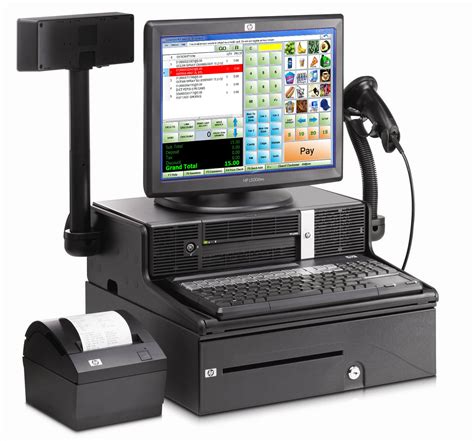
The benefits of a POS system are numerous, and they can have a significant impact on a business's bottom line. Some of the key benefits of a POS system include:
- Improved efficiency: A POS system automates many tasks, such as processing transactions and tracking inventory, which can save time and reduce labor costs.
- Enhanced customer experience: A POS system can help businesses provide faster and more accurate service, which can lead to increased customer satisfaction and loyalty.
- Increased accuracy: A POS system can reduce errors and discrepancies, which can help businesses avoid losses and improve their overall profitability.
- Better inventory management: A POS system can help businesses track their inventory levels and manage their stock more effectively, which can reduce waste and improve cash flow.
- Valuable insights: A POS system can provide businesses with valuable insights into sales trends and customer behavior, which can help them make informed decisions about their operations and marketing strategies.
How A Pos System Works
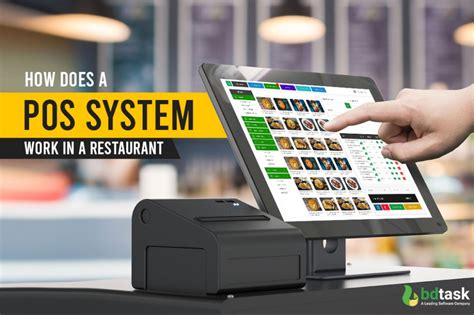
A POS system typically consists of hardware and software components. The hardware components may include a terminal, printer, scanner, and cash drawer, while the software component is the POS application itself. When a customer makes a purchase, the cashier scans the items using a barcode scanner or enters the item codes manually. The POS system then calculates the total cost of the items and displays it on the screen.
The customer can then pay for their purchases using various payment methods, such as cash, credit cards, or mobile payments. The POS system processes the payment and updates the inventory levels accordingly. The system can also print receipts and provide change to the customer. In addition to processing transactions, a POS system can also track sales data and provide valuable insights into customer behavior and sales trends.
Types Of Pos Systems
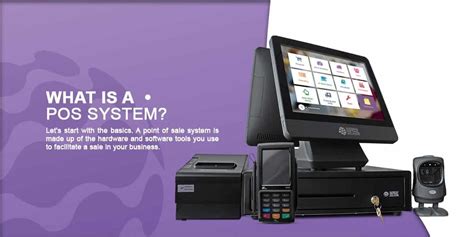
There are several types of POS systems available, each with its own unique features and benefits. Some of the most common types of POS systems include:
- Traditional POS systems: These systems are typically installed on a local computer or server and require a physical connection to the internet.
- Cloud-based POS systems: These systems are hosted in the cloud and can be accessed from anywhere with an internet connection.
- Mobile POS systems: These systems are designed for use on mobile devices, such as tablets or smartphones.
- Hybrid POS systems: These systems combine the benefits of traditional and cloud-based POS systems, offering both local installation and cloud-based accessibility.
Features Of A Pos System
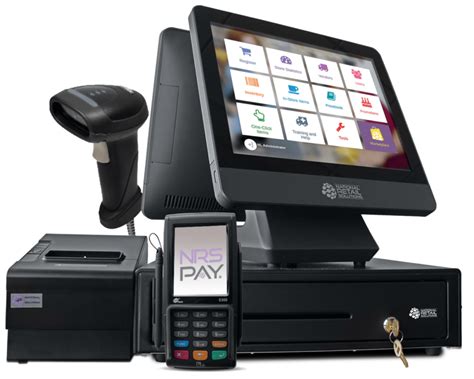
A POS system typically includes a range of features that help businesses manage their daily operations. Some of the key features of a POS system include:
- Inventory management: A POS system can help businesses track their inventory levels and manage their stock more effectively.
- Sales tracking: A POS system can track sales data and provide valuable insights into customer behavior and sales trends.
- Payment processing: A POS system can process various payment methods, including credit cards, debit cards, and mobile payments.
- Employee management: A POS system can help businesses manage their employees' schedules, hours, and permissions.
- Reporting and analytics: A POS system can provide businesses with detailed reports and analytics on their sales data and customer behavior.
Choosing The Right Pos System
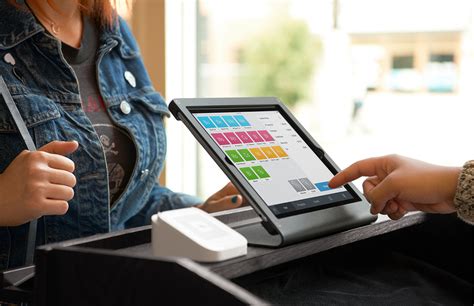
Choosing the right POS system for your business can be a daunting task, especially with so many options available. Here are some factors to consider when selecting a POS system:
- Scalability: Choose a POS system that can grow with your business, offering flexibility and scalability.
- Ease of use: Select a POS system that is easy to use and navigate, with an intuitive interface and minimal training required.
- Integration: Consider a POS system that integrates with other business systems, such as accounting and inventory management software.
- Security: Choose a POS system that offers robust security features, such as encryption and secure payment processing.
- Support: Select a POS system that offers reliable support and maintenance, with prompt response times and minimal downtime.
Common Pos System Mistakes
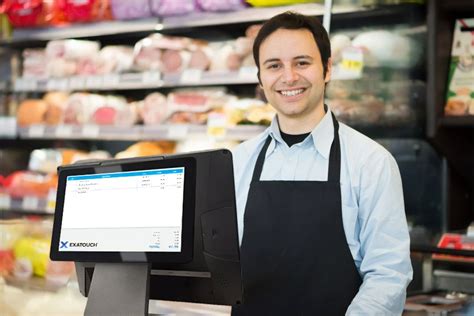
When implementing a POS system, there are several common mistakes that businesses can make. Here are some of the most common mistakes to avoid:
- Inadequate training: Failing to provide adequate training to employees can lead to errors and inefficiencies.
- Insufficient testing: Not testing the POS system thoroughly can lead to technical issues and downtime.
- Poor inventory management: Failing to manage inventory levels effectively can lead to stockouts and overstocking.
- Insecure payment processing: Failing to implement secure payment processing can lead to data breaches and financial losses.
- Lack of maintenance: Failing to maintain the POS system regularly can lead to technical issues and downtime.
Future Of Pos Systems

The future of POS systems is exciting and rapidly evolving. With advancements in technology, we can expect to see more innovative and integrated POS systems that offer enhanced features and benefits. Some of the trends that are expected to shape the future of POS systems include:
- Cloud-based POS systems: Cloud-based POS systems are expected to become more prevalent, offering greater flexibility and scalability.
- Mobile payments: Mobile payments are expected to become more widespread, offering customers greater convenience and flexibility.
- Artificial intelligence: Artificial intelligence is expected to play a greater role in POS systems, offering enhanced analytics and insights.
- Internet of Things (IoT): The IoT is expected to integrate with POS systems, offering enhanced inventory management and supply chain visibility.
Gallery of Pos System Images
POS System Image Gallery
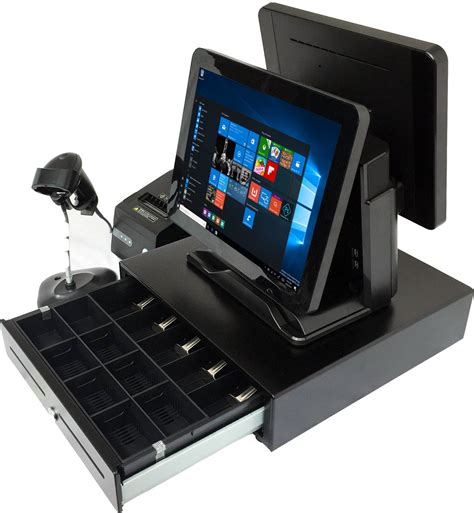
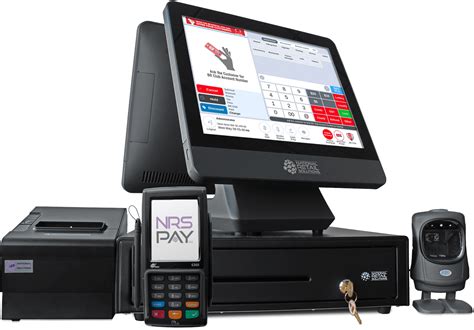
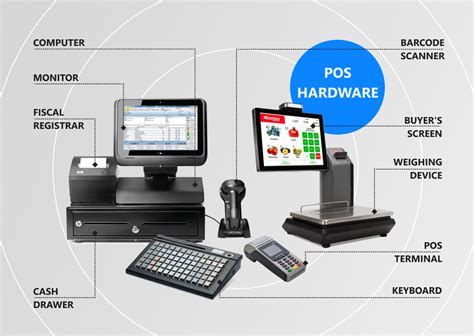
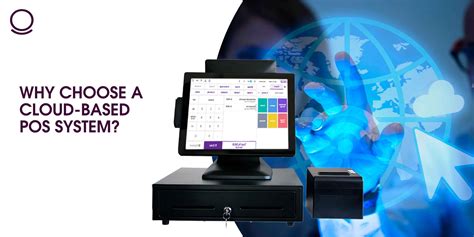
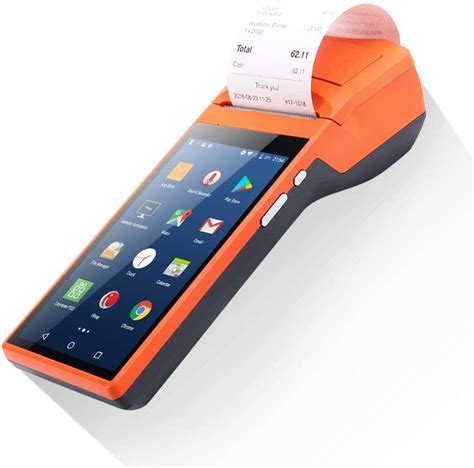
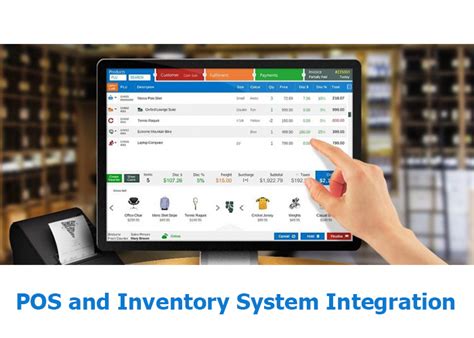
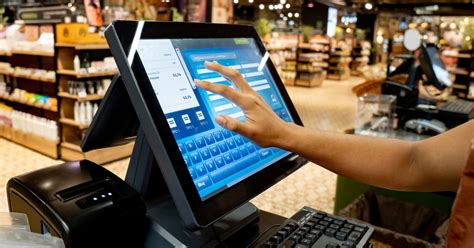
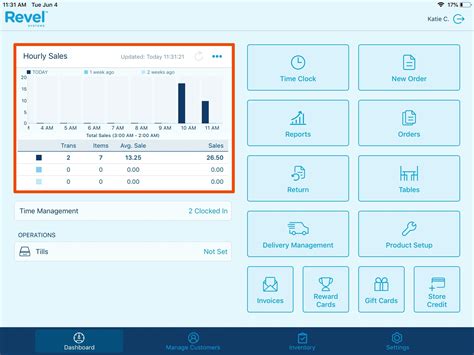
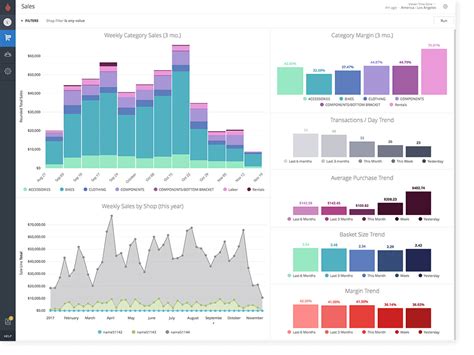
What is a POS system?
+A POS system is a combination of hardware and software that enables businesses to manage transactions, track inventory, and analyze sales data.
What are the benefits of a POS system?
+The benefits of a POS system include improved efficiency, enhanced customer experience, increased accuracy, better inventory management, and valuable insights into sales trends and customer behavior.
How do I choose the right POS system for my business?
+When choosing a POS system, consider factors such as scalability, ease of use, integration, security, and support. It's also important to research and compare different POS systems to find the one that best meets your business needs.
What are the common mistakes to avoid when implementing a POS system?
+Common mistakes to avoid when implementing a POS system include inadequate training, insufficient testing, poor inventory management, insecure payment processing, and lack of maintenance.
What is the future of POS systems?
+The future of POS systems is expected to be shaped by trends such as cloud-based POS systems, mobile payments, artificial intelligence, and the Internet of Things (IoT). These advancements are expected to offer enhanced features and benefits, such as greater flexibility, scalability, and insights into customer behavior and sales trends.
In conclusion, a POS system is a vital component of any business, offering a range of benefits and features that can help businesses manage their daily operations more efficiently. By understanding the importance of a POS system, businesses can make informed decisions about their operations and marketing strategies, ultimately leading to increased sales, customer satisfaction, and profitability. We hope this article has provided you with valuable insights into the world of POS systems and has helped you understand the importance of choosing the right POS system for your business. If you have any further questions or would like to share your experiences with POS systems, please don't hesitate to comment below.
